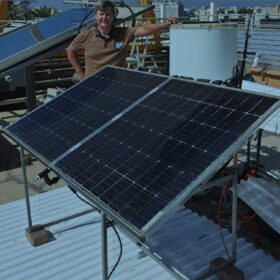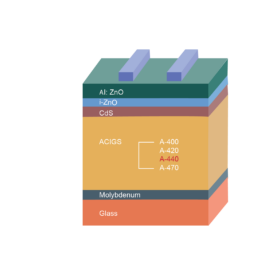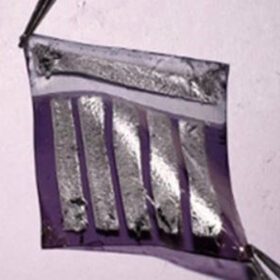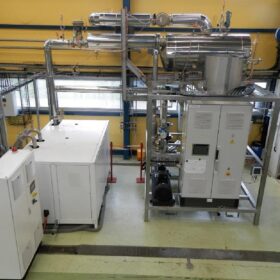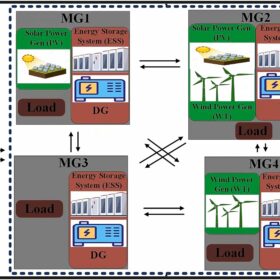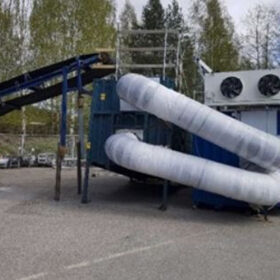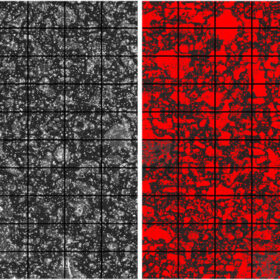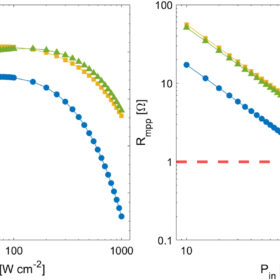Israeli startup launches 530 W bifacial PVT panel
P.G. Solar Greener says that its new panels have a thermal capacity of 1,280 Wh. They can reportedly achieve an overall dual electrical efficiency of 26%, due to an embedded cooling technique.
Utility scale solar farms contribute to bird diversity
New research has shown that solar parks can play a positive role in promoting bird diversity in the agricultural landscape of Central Europe. The scientists said solar farms offer food availability and nesting sites.
Silver-alloyed CIGS solar cell achieves 17.7% efficiency
Developed by scientists in Korea, the so-called ACIGS cell is intended for applications in perovskite-CIGS tandem PV devices. Their work demonstrates correlations between element diffusion behavior and notch-point formation in ACIGS films.
South Korean researchers develop 19%-efficient stretchable organic PV cells
The Korea Advanced Institute of Science and Technology (KAIST) says its new organic PV cells are suitable for wearable electronics. KAIST claims that the cells can be stretched by up to 40%.
Color characterization technique for BIPV
Scientists in Switzerland have created a new technique to characterize the color of BIPV panels. The method uses an optical fiber spectrometer to detect color characterization signals.
Renewables-powered high temperature heat pumps are cheapest option for industrial steam
New research from Austria has compared different industrial heat-generating techniques and has found that wind or solar-powered heat pumps are the cheapest and most environment-friendly solution.
Energy trade model for interconnected renewable microgrids
Scientists from China proposed a new method for energy trade optimization between interconnected microgrids and the main utility grid. The novel approach utilizes particle swarm optimization and gravitational search algorithms with Nash Bargaining.
Solar-assisted heat pump for biomass drying
Scientists from Finland have built an experimental system that allows the drying of woody biomass with solar thermal energy and a heat pump. They claim PV may play a complementary role in the proposed setup.
Researchers apply thresholding to PV soiling image analysis
Thresholding methods have commonly been used to characterize the soiling accumulated on glass coupons. Researchers led by the Sapienza University of Rome have identified 16 automatic thresholding methods that may be used for analyzing soiling on PV panels.
Optical photovoltaic converters for power transmission systems
Researchers from Spain have developed a novel model to evaluate optical photovoltaic converters used in high-power optical transmission. They have found that indium gallium nitride (InGaN) and indium aluminum nitride (InAlN) semiconductors could provide better results than gallium arsenide (GaAs).
